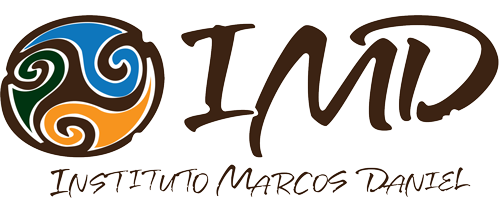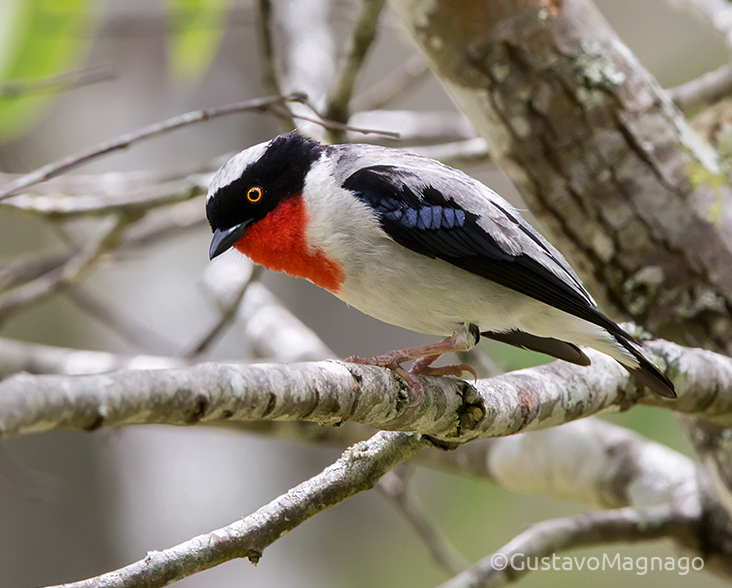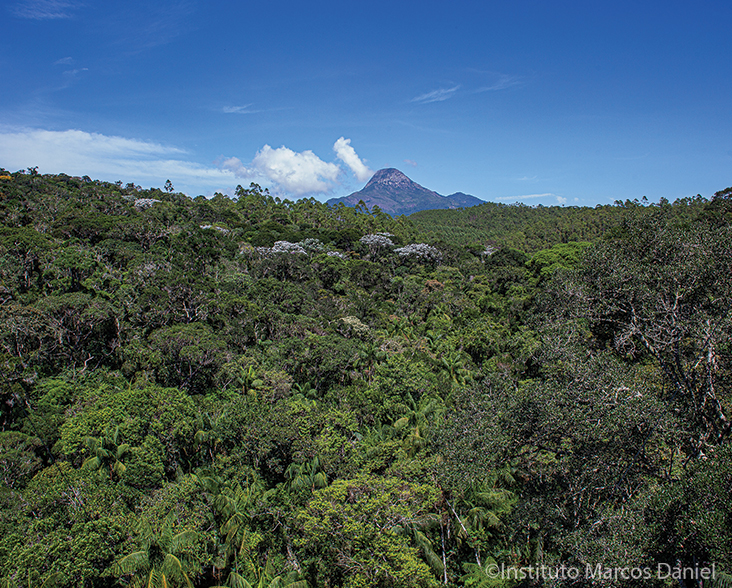Other activitiesProject Cayman
Project Caiman is an IMD initiative in partnership with Arcelor Mittal Tubarão dedicated to the research and conservation of the Broad-snouted Caiman, a symbolic species of the Atlantic Forest.
The Vem Passarinhar Capixaba project
The Vem Passarinhar Capixaba project is an initiative led by IMD to promote environmental education and citizen science through birdwatching in the State of Espírito Santo. It forms part of a national movement, which emerged at the Instituto Butantan’s Bird Observatory in 2014.
Pro-Tapir
In 2011, IMD began its tapir conservation project with a mission to develop a conservation plan for the species in the Espiríto Santo State’s Atlantic Forest region. Since 2018, this successful initiative led to it becoming an independent NGO, Pro-Tapir Institute.
Project Bromelías
This project is focused on the conservation of bromeliads throughout the Atlantic Forest. Bromeliads are important to the ecosystem due to their ability to accumulate rainwater between their leaves, providing a micro-environment for many animals. Through this project, IMD engaged students and rural residents to promote sustainable management practices toward the conservation of bromeliads and other organisms that rely on them.
Chelonia mydas Project
Since its foundation, IMD started researching sea turtle health through an ecological approach. Espirito Santo State homes the second largest rookery of loggerhead turtles and the largest of leatherback turtles in the south Atlantic. These species suffer from issues relating to certain human activities, particularly water pollution and IMD is focused in identifying and clarify how this affects sea turtle health in Brazil.


